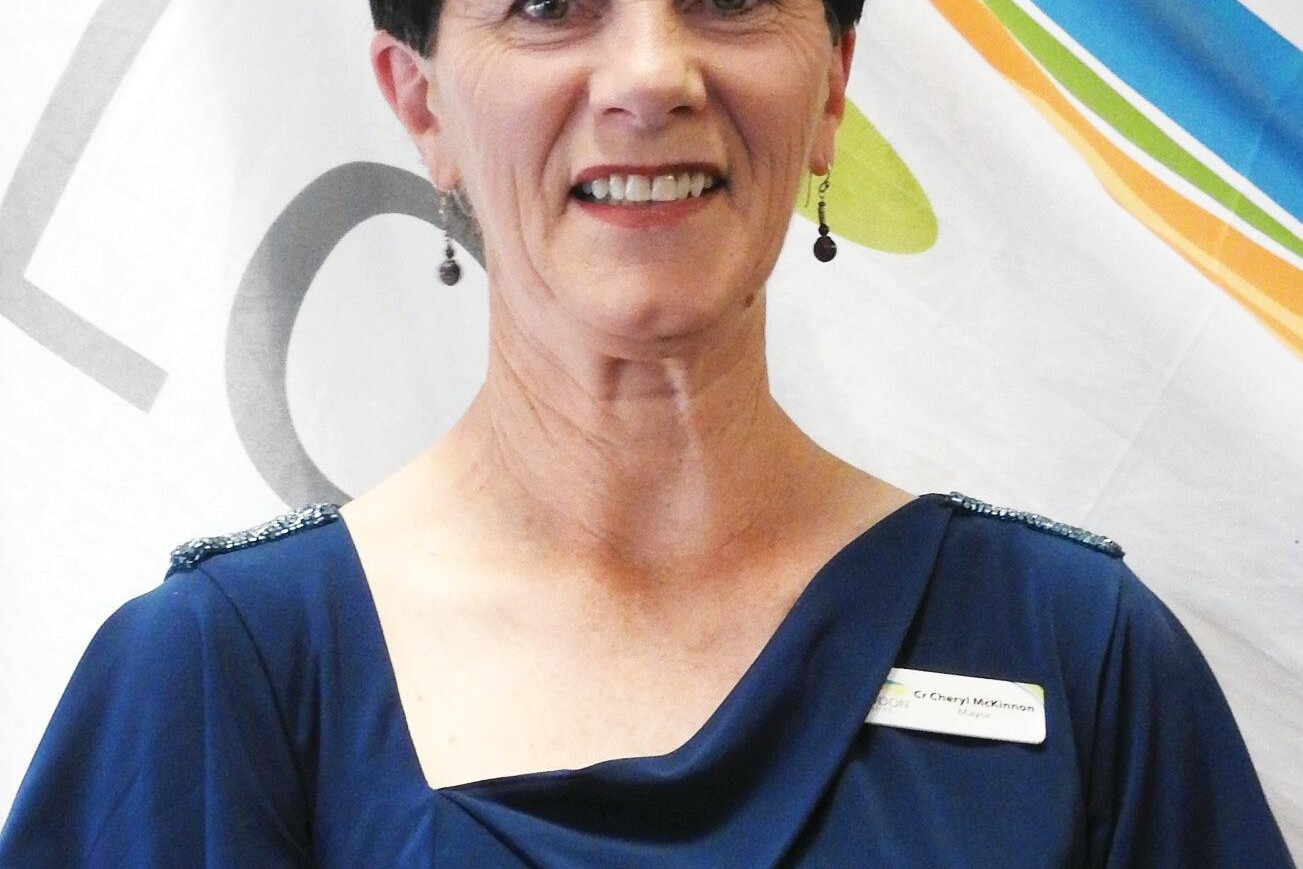General News
12 August, 2024
Being a councillor: Bookends of service
In a special interview with the Loddon Herald, former Mayor Cheryl McKinnon talks about what it means to be a local councillor and how community service does not start and finish with being an elected representative What was your involvement in...

In a special interview with the Loddon Herald, former Mayor Cheryl McKinnon talks about what it means to be a local councillor and how community service does not start and finish with being an elected representative
What was your involvement in community before standing for council?
Cheryl McKinnon: I had been involved in various local organisations over the years, and had enjoyed participating in community decision making, and generally being involved in the action.
Being a farmer, I was also actively involved in agricultural and water issues that could affect local and regional productivity and economic stability.
Why did you stand for council?
Cheryl McKinnon: I felt it was important to have strong local representation, and I saw it as an opportunity to advocate on behalf of the broader community, and make a more significant civic contribution.
And how did that previous community involvement shape your decision?
Cheryl McKinnon: Because of my history of community involvement I had good local support, but it was a huge decision.I had participated in a community leadership program the previous year, which exposed me to theinner workings of all levels of government, and I met many councillors from other shires who were just community-minded people like me.
During the program, I had the opportunity to hone my skills in listening and public speaking, which gave me more confidence within my community, and later on, in nominating for council.
What were the experiences, the learnings and the opportunities for you being on council?
Cheryl McKinnon: It was a steep learning curve, and quite a personal and professional challenge, but such a privilege to have been given the opportunity.
From engaging with all my ward communities, learning meeting protocols and the decision making process, to media training, meeting with members of Parliament, and attending regional, state and national conferences, the opportunities were endless.
These experiences highlighted for me the complex network of relationships that are involved at all levels of governance, and the importance of good communication.I will always look back fondly on my experience, and value the friendship and camaraderie I enjoyed on council.
You’ve continued to be involved in the community? Why?
I stepped back a bit from local committee involvement during my time on council to avoid any conflicts of interest that might arise in Council decision making, which would exclude me from the discussion.By removing the potential conflict, I could continue to participate in debate and decision making on the community’s behalf, as I was elected to do.
Naturally, when I was no longer on council, I took the opportunity to continue my local involvement with a much stronger understanding of the processes and policies that influence how we function.
Do you still take an interest in the happenings of local government?
Yes, and I will be watching with interest the upcoming council election. I sometimes watch the live stream of a council meeting, particularly if there is an item of special interest to me on the agenda.
Decision making is the main job of a councillor, and the most difficult when controversial issues arise. This takes courage. As an elected representative, it is each councillor’s responsibility to ensure they are well-enough informed to vote on any matter that is presented in the chamber.
What do you think helps being on a rural council?
Rural councils are generally known for their down to earth approach, without un due political influence.
Loddon has long enjoyed having grass roots people in elected positions who understand the values and aspirations of their constituents, because they are members of the same communities.
In Loddon, it would be helpful to have a sound understanding of the role agriculture plays, not only in the local and regional economy, but in the towns whose very existence relies on a healthy agricultural industry.
Rural councils might not have access to all the expertise, funding or services of their urban counterparts, but they have good people - their greatest resource.
A councillor is elected to represent these people and their communities, and must be willing to work with and fairly represent all their constituents without prejudice or judgement.